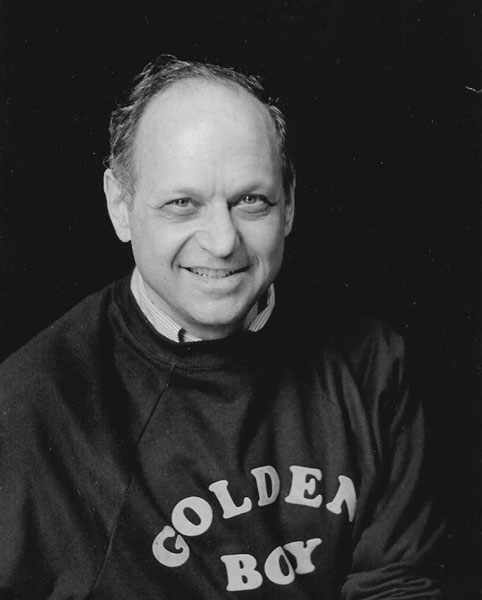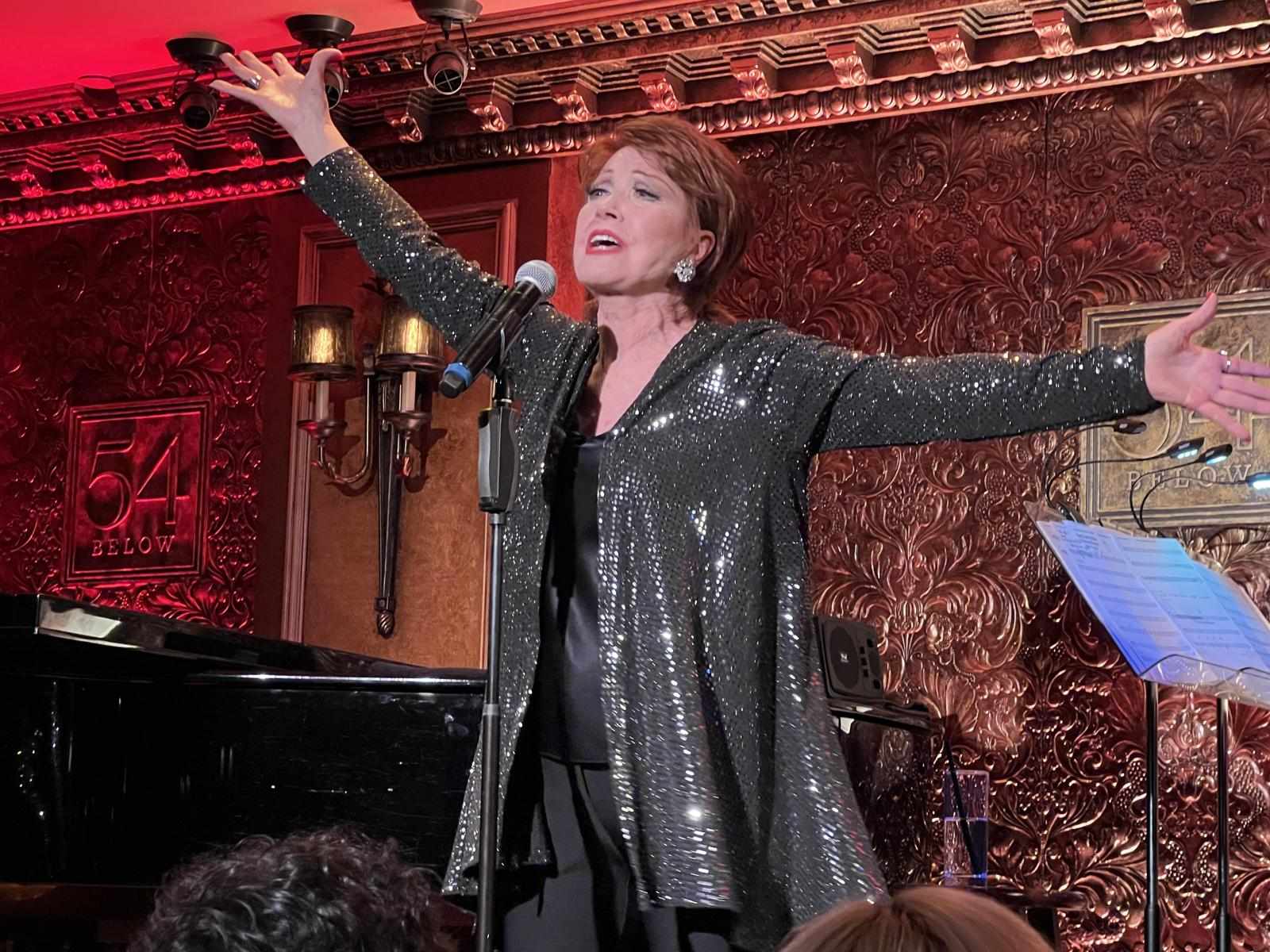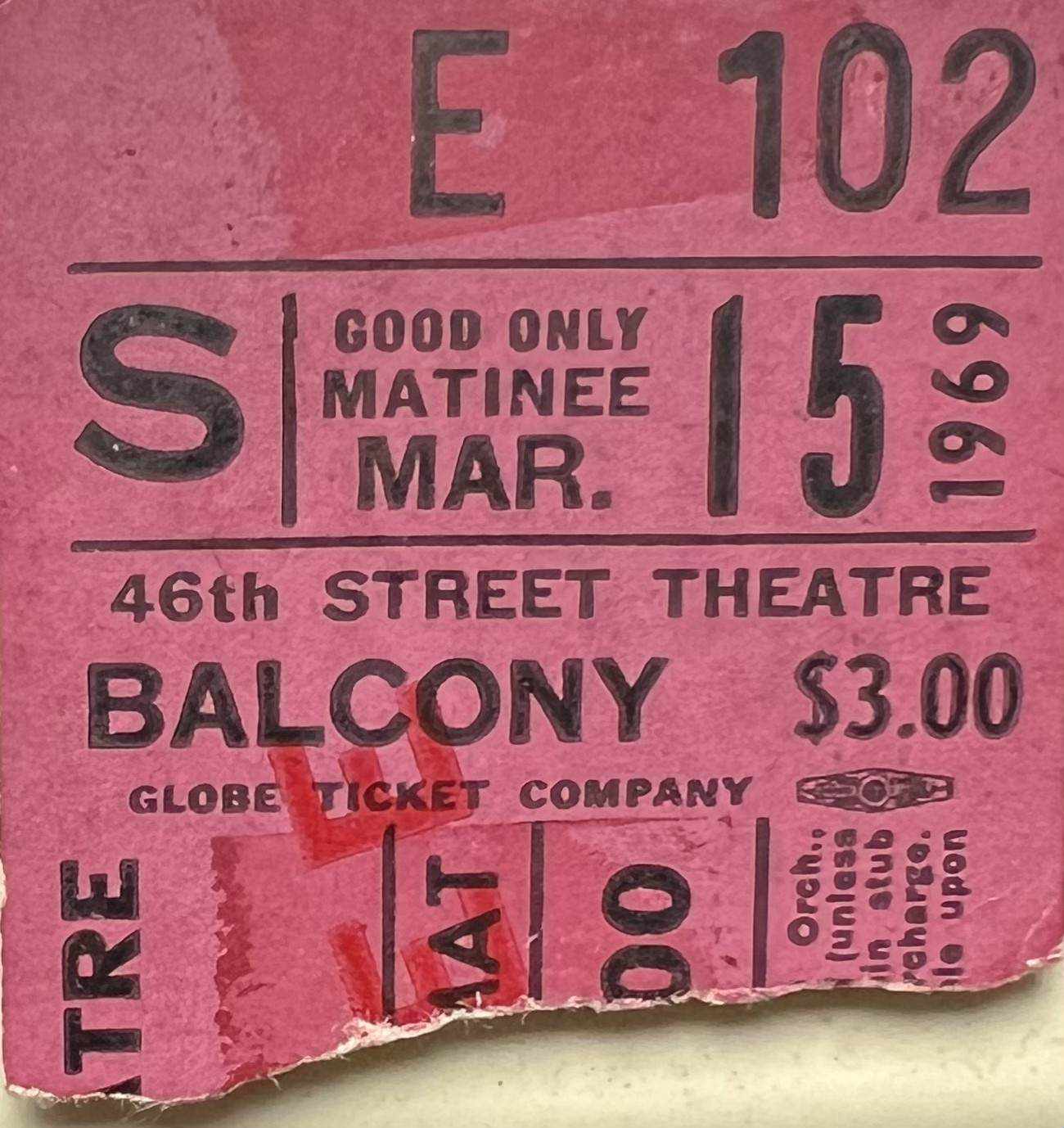
No, that's not who I mean.
When Warren G. Harding, the nation's twenty-ninth President, died in office in 1923, he was already climbing the list as one of the worst Commander in Chief's to occupy the White House. Like one or two who came before him (and one or two who came after), Harding's administration stunk from the top down. After his death, a member of his Cabinet, Interior Secretary Albert Fall, was tried, convicted and served nine months. It wasn't until the Nixon presidency when the second Cabinet member to go to prison, John Mitchell, the former Attorney General, ended up serving nineteen months (a long sentence for someone who was once the highest-ranking law enforcement figure in the country). Now with the possibility of jail time hanging over Donald Trump's head, Harding's shenanigans might one day look positively quaint.
Sixty-two years ago, The Gang’s All Here used the drama of the Harding administration to create a thinly veiled portrait of All the President's Men and, though unsuccessful, might be a hell of a lot of fun to see staged today in light of all that's transpired since. Written by Jerome Lawrence and Robert E. Lee, the authors of one of the biggest hits of 1955, Inherit the Wind, based their 1959 play on Warren Harding and his inept White House cronies who produced the Teapot Dome Scandal. The play proved little more than a curiosity, eking out 132 performances. Still, I happen to own a copy of a hardbound published edition of it (yes, that was a thing back in the day).
I first read it when I was a teenager from a copy I borrowed from my local library. I was fascinated with politics at the time (I still am), and with Watergate raging between 1972 and 1974, I even tried to write my own political drama. I called it The Web We Weave (yes, by way of the Walter Scott poem “Marmion” and its quote: “Oh! What a tangled web we weave when first we practice to deceive.”). Please — I was fourteen. I think I got about fifteen typewritten pages into it before wisely abandoning it.

As for The Gang’s All Here, it was fascinating to reacquaint myself with it, particularly with regard to what is going on in the White House today. Some of the parallels are eerie. For instance, this is from the "Forward" Lawrence and Lee wrote for the printed edition: “If the man we fondly X’d in a voting booth turns out to be a struggling incompetent, whose fault is it?” And another example feels particularly fresh, as when President Griffith P. Hastings (played on Broadway by the great Melvyn Douglas) is asked to go over an important document for signing with his top aide:
HASTINGS: Don’t they have a digest, a condensation of these things?
ANDERSON: These are the condensations, Mr. President.
He is a painfully slow reader, and digesting a typewritten page is agony for him.
And how about the last line of Act One when, as the President is exiting, he turns and says to that same aide, “Would you read through these things and tell me what to do?”

Whereas our current President aggressively sought the office, the one depicted in The Gang’s All Here does not. Nor does the fictional President Hastings have an oversized ego believing that only “he, and he alone,” can solve all the country’s problems. Hell, the man doesn’t even want to be President. First, he vacillates, then he acquiesces, allowing himself to be drafted at a brokered convention literally in a smoke-filled hotel room (the play is not shy on clichés).
While reading, I momentarily hit on the Shakespeare quote “Some men are born great, some achieve greatness and some have greatness thrust upon him,” but it was only a fleeting thought. Griffith P. Hastings is by no means a great man. His Achilles Heel is the same as Warren G. Harding’s; someone who surrounded himself with lackeys who took their closeness to the President for an open invitation to line their pockets. And all that exposition about his not reading is a set up with the play hinging as it does on Hastings signing an Executive Order he doesn’t bother to read, implicating him in the scandal that brings down his presidency.
The main problem though, and why the show was not a success, is that Hastings is more a gullible patsy than anything else, which does not make for a heroic character. The playwrights should have gone the Shakespeare route where kings fell from great heights. We are asked to care about someone who becomes President and who claims to not really want to be President—not the stuff of kings. And let’s face it: an outsized ego is a requirement for anyone who wants to put themselves through the brutality of a campaign and then serve in such an outrageously difficult job for which they are criticized daily. It’s really not for anyone thin-skinned … oh, wait. I guess there are always exceptions to the rule.

As the play draws to a close, Hastings finally stands up and does the right thing when he sets in motion a series of firings that will certainly end with his impeachment once his cronies all start singing their songs to the authorities. But it hasn’t been earned. His seeing the light is entirely manufactured… and if we can believe the history books, this is where Hastings and Harding significantly diverge. Harding kept digging himself in deeper, though his eventual fate can never be known since he succumbed to illness, dying in office. There were conspiracy theorists who believe he may have been poisoned, which had to have been on the minds of Lawrence and Lee when they came up with their ending, which was to have Hastings poison himself. Again, it could have come off Shakespearean with a better set up, but it doesn’t come close. And it isn’t believable at all.
Melvyn Douglas was praised for his usual good work. He was ably supported by such fine actors as E.G. Marshall and Arthur Hill (who would win a Tony three years later for creating the role of George in Who's Afraid of Virginia Woolf?). Mrs. Harding was played by Jean Dixon, once famous as a light comedian, creating the female lead in George S. Kaufman and Moss Hart's first collaboration Once in a Lifetime in 1930. It was the final of her sixteen Broadway shows, although she lived another twenty-one years in retirement from all acting. The play was directed by George Roy Hill, who had a hit the previous season with the Ketti Frings' adaptation of Thomas Wolfe's Look Homeward, Angel. After The Gang's All Here, Hill directed one play and two musicals, all failures, before leaving the theatre permanently for Hollywood, where in 1974, he picked up an Academy Award for his direction of The Sting.
With so many New York newspapers and magazines to cull quotes from, The Gang's All Here had more than a few good ones to use in an effort to keep it running (see below). It was well liked by the only two critics to have Broadway theatres named for them. "A provocative and absorbing theatrical experience," wrote Brooks Atkinson in the New York Times, while his counterpart at the New York Herald Tribune, Walter Kerr, wrote, "Clean, simple, and bold in its storytelling. The good speeches crackle. The catch in the throat, when it comes, is real." But, as always, it's up to audiences whether they turn out or not, and The Gang's All Here called it quits after two months.

If you enjoy these columns, check out Up in the Cheap Seats: A Historical Memoir of Broadway, available at Amazon.com in hardcover, softcover and e-book. And please feel free to email me with comments or questions at Ron@ronfassler.org.





















Write a comment ...